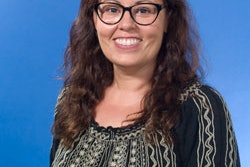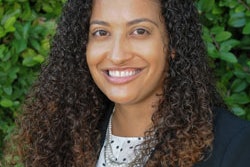As chief investigator on a recently won $5 million research project, Dr. Thai-Huy Nguyen, partly, will draw from his biography as a boy whose family had been on welfare. He’ll also spotlight what he knows of academia’s failure, in some aspects, to make diversity more than a mere talking point.
“How do we recognize these struggles for low-income students but then take such a long time to address them?” asks Nguyen, a Seattle University assistant professor of student development administration.
The multimillion-dollar National Science Foundation grant will have Nguyen collaborating with STEM faculty to explore the socioeconomic challenges to student success in STEM for roughly 200 students within a large, urban, multicampus community college district.
What are their study habits? How well do they know and access services aimed at shoring them up academically? How do they assess from whence they’ve come educationally and where they’re heading?
Those are among the questions investigators will probe concerning those students at community colleges where, broadly speaking, there are more academic failures than successes, especially among students with the least resources.
“Being poor isn’t just being poor,” Nguyen says. “You can be poor and Black, which is very different from being poor and White.”
For a handful of those studied community college students, Nguyen says he will function as a navigator, steering them through a system for which they are largely unfamiliar. Disproportionately, community college enrollees hail from families without college graduates.




















